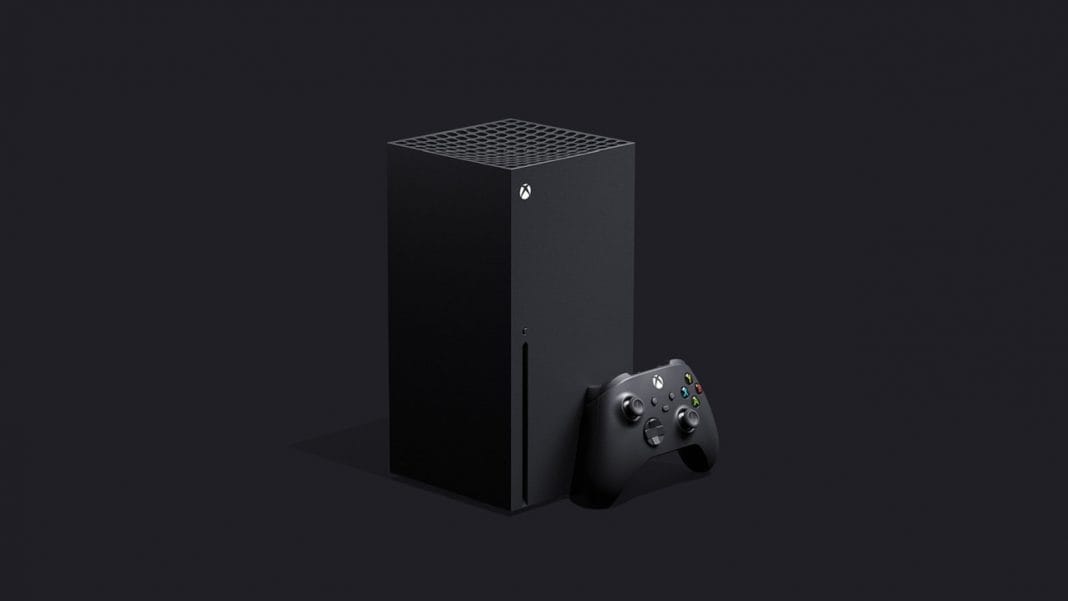With the PS5 and Xbox Series X release dates expected towards the end of the year, both Sony and Microsoft have been drip-feeding us an assortment of details. Be it aspirations of a simultaneous worldwide launch in the age of the coronavirus, bolstered third-party support, or new controller designs, there’s a lot to look forward to, particularly when you consider the specifications on either console and what they bring to the table.
Nevertheless, there’s one nagging detail that’s gone amiss. Sure we’re getting new boxes that can do ray-tracing, eliminate load times, and even play the best of this generation, but we don’t know if Sony or Microsoft will support Bluetooth wireless earbuds like AirPods.
Now, I’m not an audiophile. Far from it. There are better people to guide you in that department. What bothers me is that while consoles are perceived to be a convenient option over building a PC all while not sacrificing too much in terms of gameplay and narrative as opposed to mobile, the custodians of this happy medium are deathly quiet about this specific feature.
After all, if I can play Fortnite on my PS4, Xbox One, Nintendo Switch, and PC at home, as well as playing on my smartphone on the go (when that was a thing, pre-coronavirus life seems like a pipe dream right now) all while ensuring my progress carries over across devices, why shouldn’t my audio experience be just as consistent or seamless? Why would I need another headset when I move over to a console when what I use right now should suffice? In most cases, it would have a better audio experience compared to the tinny speakers on my TV.
It just seems inconvenient and annoying having to swap between audio outputs. Heck, it’s inconsistent too when you have the best audio experience on mobile and PC but consoles miss out due to a dogged resilience towards accepting Bluetooth standards. There’s no real reason for this.
And it’s downright embarrassing really. For all of the preaching the games industry does about cross-platform play and inclusiveness regardless of what device you game on, some of its biggest platforms are far from consumer-friendly in this particular aspect.
Granted the PS4 and Xbox One were designed and devised with wired audio in mind, to the point where most compatible wireless headphones or earphones need a dongle to work. Even Sony’s own excellent WH-1000XM3 headphones don’t work wirelessly with the PS4 which is a crying shame when you consider how good they are. You can use them wired up to the DualShock 4 but the mic won’t work, which reeks of half-assed implementation. Particularly when both the console and headphones are made by Sony.
Sure, you can make the argument that the 3.5mm headphone jack still has its place on the PS5 and Xbox Series X controllers, but let’s be honest: the moment Apple launched the iPhone 7 without it, it’s days were numbered. Not too bad for an electrical connector standard that was devised in the 1800s. Nowadays, Samsung doesn’t have it on flagship smartphones. The normalisation of its waning popularity was most evident when the PS5’s DualSense was initially revealed, the absence of a headphone jack had a lukewarm reception. Later on, Sony confirmed it was making a comeback. All its efforts in the audio department seemingly focussed on HRTF and 3D Audio. For its part, Microsoft has bunged in a dedicated audio chip in the Xbox Series X. Though neither have acknowledged or revealed Bluetooth audio compatibility which is perplexing when you consider that the it may have a larger impact.
So will the PS5 and Xbox Series X support a wider range of Bluetooth audio options? Will you finally be able to use a pair of AirPods, WH-1000XM3s, or even OnePlus Bullets Wireless with these new consoles minus dongles? Well, we don’t know yet. Hopefully, yes. If Sony or Microsoft want to stay true to their commitment of being seamless, friction-free gaming ecosystems rather than just bland boxes in our living rooms, this would be a small but crucial step towards that goal. Or perhaps, they’d just end up being the senior citizen’s home for the ailing 3.5mm headphone jack.




